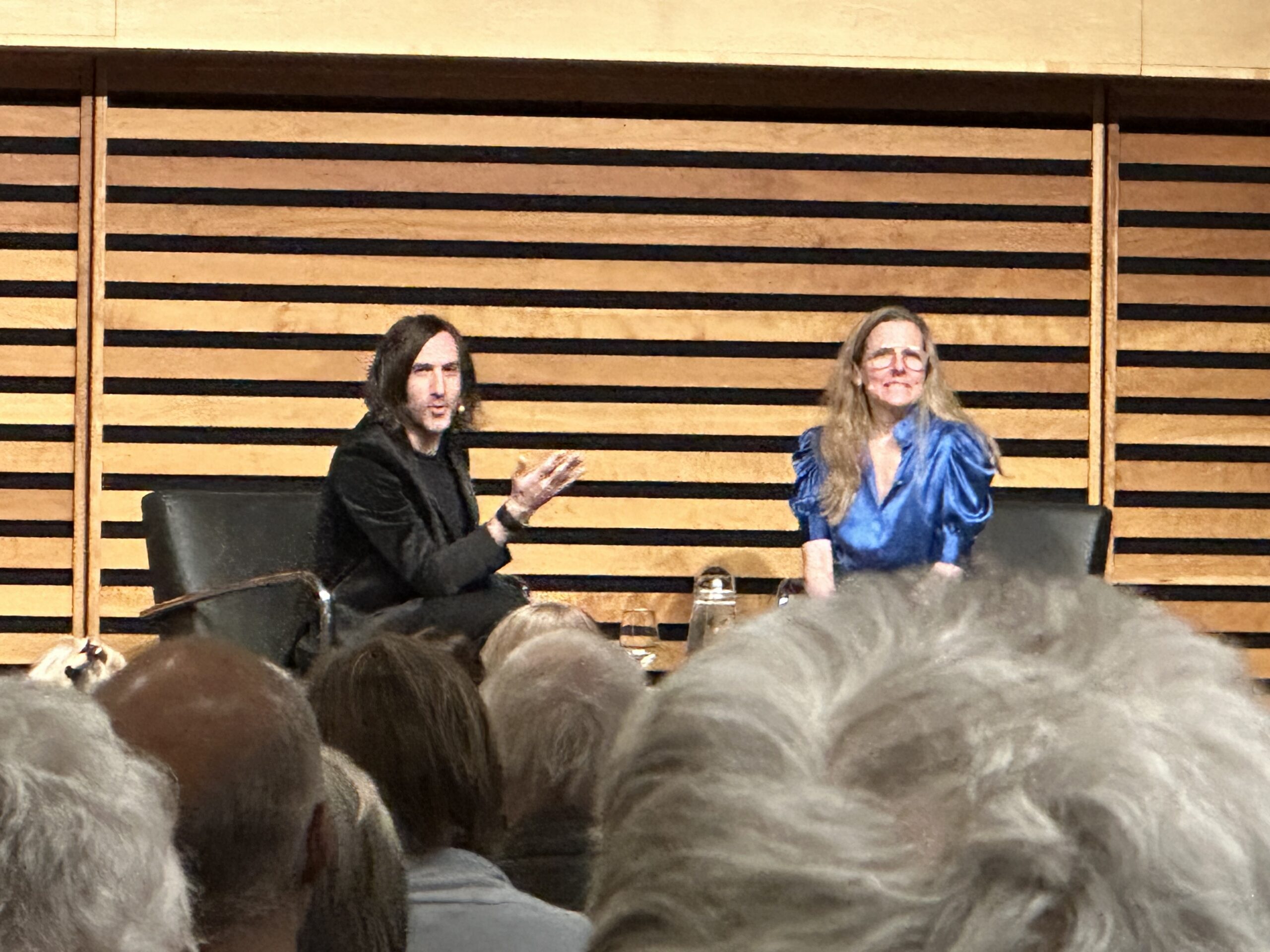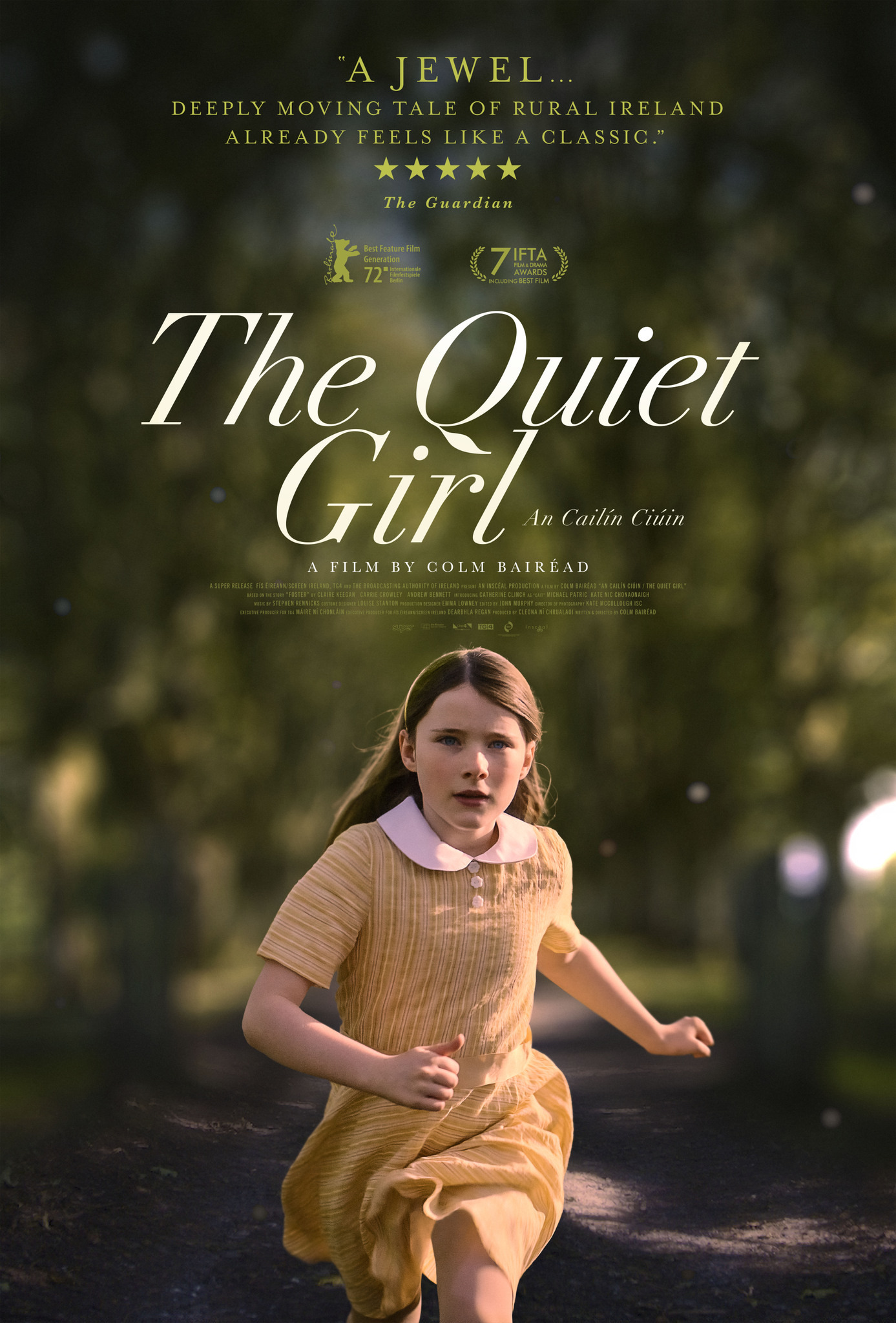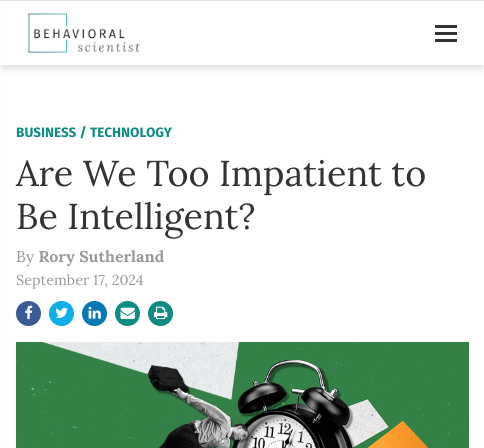Lynch’s Prophet Song was one of my favourite reads of 2023. On a Friday night of a long weekend, a day after the biggest snowstorm of the year, about 300 people turned out to the Toronto Reference Library to hear him discuss it with Claire Cameron.
Here were the memorable bits for me:
1) He was writing the wrong book for six months before he really hit on the story for Prophet Song, using an opening line that he thought was perfect, until he had a breakthrough and buried it a little way into the book. It didn’t strike me the first time, but it’s a beautiful bit of writing. Here it is, on page 54 of my copy:
On Christmas Day she walks with the children by the sea, mortar the sky and the water, this easterly breeze blowing cold hell upon Bull Island yet cooling the mind to think… Watching the other families on the beach, her footprints lone upon the sand, searching in the faces of those that pass by for what she feels herself. Watching the light upon the beach, thinking, this time of light, how the days pass by gathering the light and releasing, light into night, and we reach but cannot touch nor take what passes, what seems to pass, time’s dream.
2) There’s a quote from Cormac McCarthy’s The Crossing that he wanted to include as an epigraph in Prophet Song but due to McCarthy’s failing heath and publication deadline he couldn’t secure permission for:
The task of the narrator is not an easy one, he said. He appears to be required to choose his tale from among the many that are possible. But of course that is not the case. The case is rather to make many of the one.
3) The difference between story and myth is universality:
I met someone in London, a Ukrainian refugee and he says “you’ve told our story!” and the next night At the Southbank centre and a lady from Palestine says “You’re telling our story”… if you can get down to a single narrative that can contain multiple narratives you get closer and closer to myth. And the closer you get to myth, the more freight your story can hold.
4) It’s probably a fantastic audiobook
You can hear the narrative devices – repetition, alliteration, metaphor and a lot more. This book will almost surely be assigned in high-school English classes. He reads in a tone that will chill your blood. You could hear a pin drop in the crowded room, and by the end of it I wanted to reread the book immediately (apologies for the poor audio quality – my skills only extend so far):
5) There’s a theme I missed the first time thorugh. Using Eilish’s kids, he explores the lifelong effects of trauma on people at different stages of life:
I am charting trauma in this book. I’m charting how trauma affects individuals differently. And you can see with the oldest child, Mark, who’s 17, he becomes radicalized. It’s inevitable. What’s occurring is radicalizing him. And he’s going to go, he’s going to go off in the direction from which there would be you know, that’s irreversible for him. But Molly who is 14, turning 15, she just starts to turn inward and she starts to become depressed. She starts to withdraw from the world, a sporty child withdrawing. So her trauma becomes internalized.
At the same time, Bailey who’s 12, turning 13, Eilish makes the bold decision not to tell the truth, she tries to protect him from the fact that his father had been swallowed by the state …you know, don’t lie to the child about something as fundamental as this. That sets them off they then have this, sort of energy in between them that becomes really problematic.
And at the same time, then there is a moment in the book where, you know, at peak unravelling…Eilish is holding the child, the infant to her chest. She knows that she’s transmitting into this child her anxiety that this child is absorbing her terror. It’s inevitable and this child will store it stored in the body and the child does not know what it is. The child will grow up with it and the child will become this man who acts out and does not know why he’s poisoned from within.
He then signed books for those who brought or purchased them, taking time to look each person in the eye and hold a brief chat, despite being run ragged by his schedule — he had apparently landed at 3pm, and was flying home to Dublin the next morning, so he had about 15 hours on the ground in Toronto.
He was gracious with his time, and hearing him read the opening pages of his book made me want to start it again immediately.






